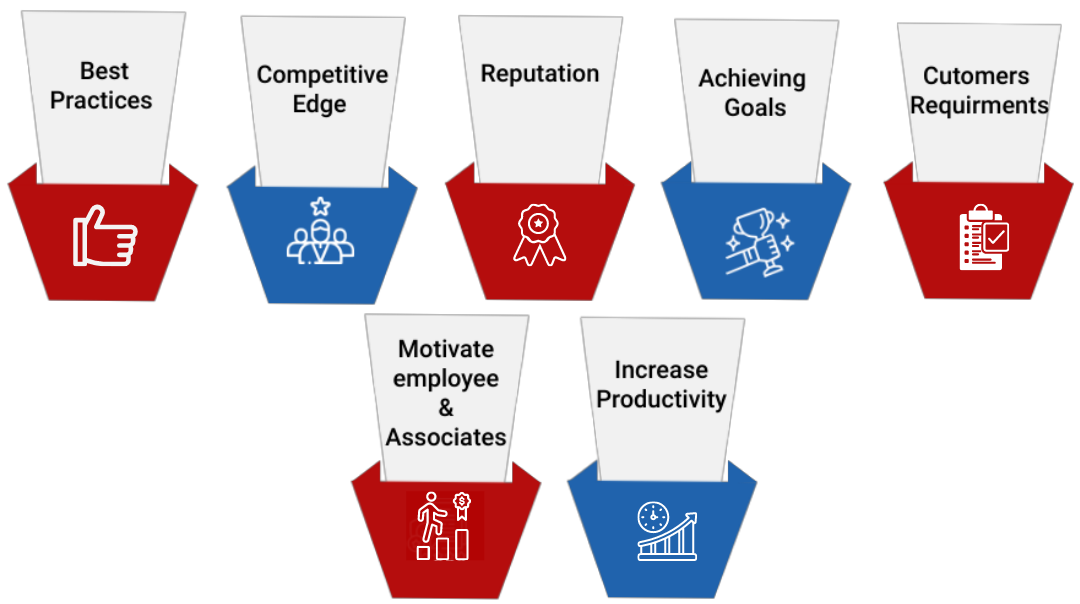Out of the 314 Registered ISACA CMMI Partners, Only 14 Hold Elite Status, and CUNIX is Proud to be One of Them
- Home
- About Us
- Services
- Publication
- Training
- Careers
- Contact Us
Auditing means “Performance to ascertain the reliability and validity of the information provided by the organization to ensure that all departments follow a documented system of recording transactions”. A CMMI appraisal is “An examination of one or more processes by a trained team using a reference model as the basis for determining, at a minimum, strengths and weaknesses.”
CMMI is a process improvement framework that equips an organization with the necessary components for effective and efficient operations. CMMI framework is used to support projects and organizations to improve their processes to promote their business objectives. CMMI aids in the integration of historically separate organizational tasks, the setting of process improvement goals and priorities, the provision of quality process guidance, and the evaluation of current processes.
An appraisal essentially compares evidence against defined criteria to determine findings. The CMMI Institute gathers evidence by observing the Conduct Appraisal Phase (onsite or virtual), reviewing documentation, and conducting interviews with appraisal participants, the implementors of the CMMI practices. The CMMI Method Definition Document (MDD) outlines the appraisal requirements, including virtual approaches and delivery requirements. The findings are used to establish the degree to which the agreements, policies, guidelines, models, and methodologies of the CMMI Institute are being followed.
A CMMI appraisal helps the management to identify the strengths and weaknesses of their organization’s business processes. It helps to examine the compliance of these processes in projects so that the customer deliverables are done within time and cost, with minimum risks. Organizations find value in measuring their capability and performance by conducting a CMMI appraisal to identify and prioritize their business process improvement efforts. During their process improvement journey, organisations aim firstly for CMMI Level 3 certification and then for CMMI level 5 certification.
The primary objective for conducting a CMMI appraisal is to mentor the senior management, change agents and the implementation team and encourage them to implement process improvements. Therefore, CMMI-certified Lead Appraisers (LAs) and appraisal sponsors must be prepared to participate before, during, and after an appraisal delivery period. Likewise, CMMI Certified Instructors must be ready to experience before, during, or after a course delivery to ensure compliance with the delivery process.

The focus of High Maturity appraisals is on Level 4 and 5 practices; in particular, business goals, Quality and Process Performance Objectives (QPPOs), Process Performance Baselines (PPBs), Process Performance Models (PPMs), and statistically managed subprocesses. In addition, practice areas like Causal Analysis and Resolution (CAR), Planning(PLAN), Supplier Agreement Management (SAM), Process Management (PCM), Governance(GOV) and Managing Performance and Measurements(MPM) are defined as high maturity practice areas. Appraisals focusing on High Maturity (HM) practice areas are called High Maturity appraisals, which are only performed by CMMI Certified High Maturity Lead Appraisers (HMLA).